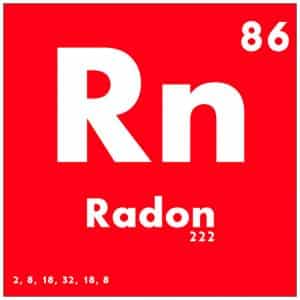What You Need to Know about Radon Testing
When you set out to find the perfect home, you likely have a list of needs and wants: number of bedrooms and bathrooms, a fireplace, and a perfect fenced-in backyard. You are also on the lookout for homes that need major repairs like new windows or a new roof—and a regular home inspection from Burgess Inspections, Inc. can help you catch those big-money fixes. However, what you might forget to include (or not realize that it’s important) is a radon test.

The 4-1-1 on Radon
If you’re among the home buyers or homeowners who have never heard of radon, then don’t worry. You’re not alone. In fact, many people don’t know what radon is and why it’s important to test for it. But here are the basics:
- Radon is an odorless, tasteless gas that you cannot see. It is radioactive and can emit from the ground into your home.
- This gas is released into buildings through the natural breakdown of uranium, thorium, and radium in rocks and soil and sometimes water. Radon enters a dwelling through cracks and also through well water that contains radon.
- Second to smoking, radon is the second leading cause of lung cancer in the United States, posing a huge risk to you and your family.
While these statistics are sobering, the good news is that you can take care of it.
Radon Testing
Your first step is to know whether your home (or a home you plan to purchase) has elevated radon levels. During a radon test, an inspector will set up a radon detection system in the home to take samples over a couple days. Then, we’ll let you know what the average radon level is. If it’s at or above 4.0 pCi/L, then the Environmental Protection Agency recommends that you seek radon remediation.
Schedule Today
If you’re a home buyer, you can add radon testing to your regular home inspection from Burgess Inspections. You can also choose to do it as a stand-alone service. Either way, we’ll get you on the calendar and get you one step closer to knowing whether your home or the home you want to purchase has elevated radon levels. To find out more or to schedule an inspection, contact us today at (804) 794-1423.
Sources:
https://www.epa.gov/radon
Photo credit:
